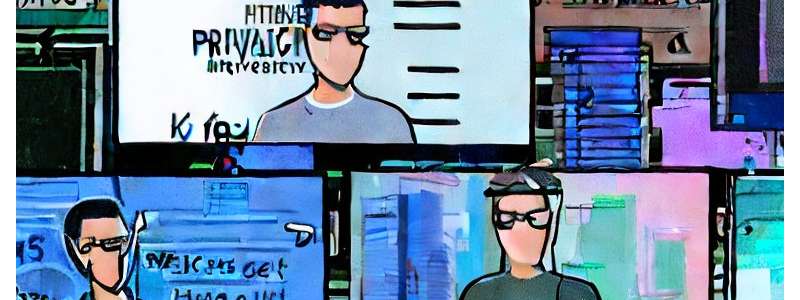gaming
Events

Frugal learning of robot manipulation skills
Despite significant advances in AI, robots still struggle with tasks involving physical interaction. Robots can easily beat humans at board games such as Chess or Go but struggle to skillfully move the game pieces by themselves (the part of the task that humans subconsciously succeed in). Learning manipulation skills is both hard and fascinating because the movements and behaviors to acquire are tightly connected to our physical world and to embodied forms of intelligence.
I will present an overview of representations and learning approaches to help robots acquire manipulation skills by imitation and self-refinement. I will present the advantages of targeting a frugal learning approach, where the term “frugality” has two goals: 1) learning manipulation skills from only few demonstrations or exploration trials; and 2) learning only the components of the skill that really need to be learned.
Toward this goal, I will emphasize the roles of geometry, manifolds, implicit shape representations and distance fields as inductive biases to facilitate human-guided manipulation skill acquisition. I will also show how ergodic control can provide a mathematical framework to generate exploration and coverage movement behaviors, which can be exploited by robots as a way to cope with uncertainty in sensing, proprioception and motor control.
Institutions
- AI for Good

Informatik-Kolloquium, Thorsten Strufe, KIT
Thorsten Strufe from the KIT in Karlsruhe will give a talk on privacy in the Metaverse.
Extended realities (XR), including Augmented reality (AR) and virtual reality (VR), are emerging technologies with a wide range of potential applications, including networking, gaming, healthcare, and education. However, as with any new technology, AR/VR also introduces new security and privacy challenges. AR and VR devices collect a wide range of personal data about users, including their physical movements, eye movements, and voice recordings. This data can be used to track users' activities, identify them, or even infer private attributes like health conditions or private preferences. Furthermore, XR applications integrate multiple modalities, such as audio, video, and haptic data streams, enlarging security and privacy exposure. Yet, there are always claims of how "anonymization" and "pseudonymization" were helping to achieve "GDPR compliance". In this talk I will present results from three of our recent studies, and we will discuss how claimed protection has proven and is ineffective under scrutiny.
CV:
Thorsten Strufe is professor of IT Security at Karlsruhe Institute of Technology (KIT/KASTEL), and adjunct professor for Privacy and Network Security at TU Dresden. He is a deputy speaker of the Excellence Centre for Tactile Internet with Human-in-the-Loop (CeTI), and a PI in the national IT security competence center KASTEL Security Research Labs.
His research interests lie in the areas of privacy and network security, especially in the context of social networking services and novel mixed reality applications. Recently, he has focused on studying privacy implications of user behavior and possibilities to provide privacy-preserving and secure networked services.
Previous posts include faculty positions at TU Dresden, TU Darmstadt, and Uni Mannheim, as well as postdoc/researcher positions at EURECOM (France) and TU Ilmenau.
Institution
- Computer Networks UHH

Universität Hamburg
Adeline Scharfenberg

Universität Hamburg
Adeline Scharfenberg

Universität Hamburg
Adeline Scharfenberg